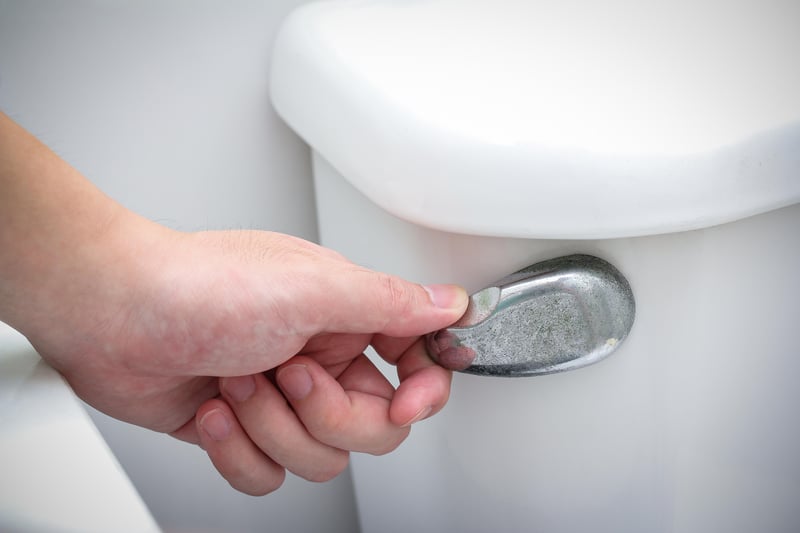If you are having trouble with our mobile app, you must remove and reinstall the app on your device.
Updating the app alone will not fix the issue. Your login will not be impacted. We sincerely apologize for this inconvenience.
Market Pharmacy is now G&G Pharmacy, conveniently located in Marketplace Foods on the corner of Hwy 2 & Broadway!
Same great staff and same great care!
Manténgase sano!

- Cara Murez
- Posted December 6, 2022
Monitoring Toilet Sounds Could Help Spot Disease
A small toilet-based sound sensor that can tell the difference between peeing, pooping and diarrhea may one day help prevent cholera outbreaks.
"The hope is that this sensor, which is small in footprint and noninvasive in approach, could be deployed to areas where cholera outbreaks are a persistent risk," said researcher Maia Gatlin of the Georgia Institute of Technology, in Atlanta.
Cholera is an acute diarrheal disease that can kill within hours if untreated, according to the World Health Organization.
So Gatlin and her team wanted to see if they could identify bowel sounds. They tested the idea in a way that might seem a little stomach-turning: They used audio data of people on the toilet after gathering the sounds from online sources.
Each sound bite was turned into a spectrogram, which captures the sound in an image. Urine creates a consistent tone, the researchers found. Poop may have a singular tone. Diarrhea sounds more random.
The researchers fed the sound images into a machine learning algorithm, which learned to recognize the sound of each bathroom activity. The team then tested the algorithm's performance against data with and without background noises to make sure it was learning correctly.
Besides helping head off cholera outbreaks, the sensor could have other uses as well, Gatlin said.
"The sensor could also be used in disaster zones [where water contamination leads to spread of waterborne pathogens], or even in nursing/hospice care facilities to automatically monitor bowel movements of patients,"she said in a news release from the American Institute of Physics.
"Perhaps someday, our algorithm can be used with existing in-home smart devices to monitor one's own bowel movements and health!" Gatlin added.
Cholera is a bacterial disease that affects millions of people around the world and kills up to 150,000 each year.
The researchers plan to gather real-world acoustic data to help their machine learning model adapt to work in a variety of bathroom environments. The sensor doesn't identify a specific person.
The findings were scheduled for presentation Monday at a meeting of the Acoustical Society of America in Nashville, Tenn. Findings presented at medical meetings should be considered preliminary until published in a peer-reviewed journal.
More information
The U.S. Centers for Disease Control and Prevention has more on cholera.
SOURCE: American Institute of Physics, news release, Dec. 5, 2022







